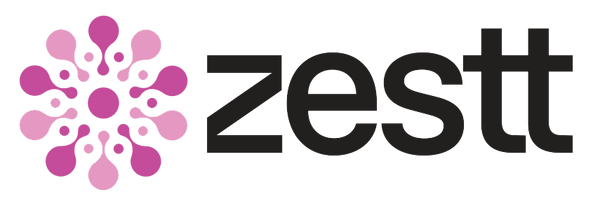We walk around everyday while trillions of biochemical reactions are going in in our bodies. All of us have around 30 trillion human cells and carry a further 39 trillion microbial cells which includes bacteria, viruses and fungi.
When you think of all that we are exposed to and eat and all the cells we contain - can you even begin to imagine the permutations of how many interactions are going on?
It’s a bit mind blowing. So, to try and understand, we in the scientific community, often tend towards “reductionism” – carefully exploring and establishing the roles of different cell types and individual biochemical reactions. This is a successful scientific strategy, but one which can create misleading conclusions – because a cell or a biochemical pathway never happens in isolation of the trillions of other reactions which are happening in our bodies.
So that’s the caveat I needed to put out there, before I introduce you to some fascinating specialised white blood cells, called macrophages.
Macrophages confer innate immunity, typically they are the first line of defence against foreign bodies (known as antigens). They firstly detect the invader and then engulf the invader in a process called phagocytosis (pictured), where particles larger than 0.5 μm are wrapped up and destroyed by the cell’s enzymes.
Macrophages can also present antigens to T cells (another type of white blood cell which are part of our immune system and help protect the body from infection) and initiate inflammation by releasing molecules (known as cytokines) that activate other cells.
Macrophages are also involved in tissue repair by regenerating connective tissue during wound healing.
There are two types of macrophages:
M1 macrophages initiate an immune response. produce proinflammatory cytokines and phagocytise (destroy) microbes. M1 macrophages also produce nitric oxide (NO) or reactive oxygen intermediates (ROI) to protect against bacteria and viruses.
M2 macrophages are associated with wound healing and tissue repair. They are activated by exposure to certain cytokines. M2 macrophages will produce either polyamines to induce proliferation or proline to induce collagen production.
Macrophages are present throughout our bodies and in our major organs. In the lungs, when air is inhaled for oxygen exchange, toxic substances (eg bacteria, viruses and fungi) may be taken into the air sacs – the aveoli. The lung macrophages are activated and destroy the bacteria and other toxic substances and then, initiate tissue repair.
In diseases such as diabetes, macrophage activity can be limited, which is one of the reasons, diabetics can have slow wound healing.
There are ways in which diabetics and all of us, can naturally improve our macrophage activity and thereby, enhance our innate immunity and tissue repair systems.
Dietary amino acids are able to regulate intestinal macrophage functions, increasing their phagocytic activity and stimulating the replenishment of intestinal macrophages, as well as their secretion of IL-10 (an anti-inflammatory cytokine). Vitamins, in particular A and D, are involved in the control of intestinal macrophage functions.
The anthocyanins present in berries have also been shown to increase macrophage activity in our bodies – these are the same anthocyanins which are present in Zestt Wellness’ EXhale Lung Health and Immunity lozenges, Pulse Heart Health and Insight Brain Health lozenges.
Macrophages are one type of cell in our bodies which have hugely important functions for our general health and wellbeing. They play their role in a complex world of interacting cells and organisms supporting a network of biochemical reactions.
In this complex world, when we are healthy, our cellular mechanisms and physical being is in a balanced state – we trundle along not thinking about our health with everything working like clockworkquietly in the background.
As we age ad with modern diets and lifestyles – this balance can become upset. In response, we need to think small – how do we give our cells what they need – and think big, how do we give our bodies what they need – and slowly work our way back to balance.
All the best for a wonderful healthy lead up to the festive season – don’t let the stress get to you, you are more valuable to yourself and everyone cruising to Christmas calmly and in balance – good luck!
Please contact us if you have any queries admin@zesttwellness.com
To buy our bioactive-rich lozenges go to www.zesttwellness.com

